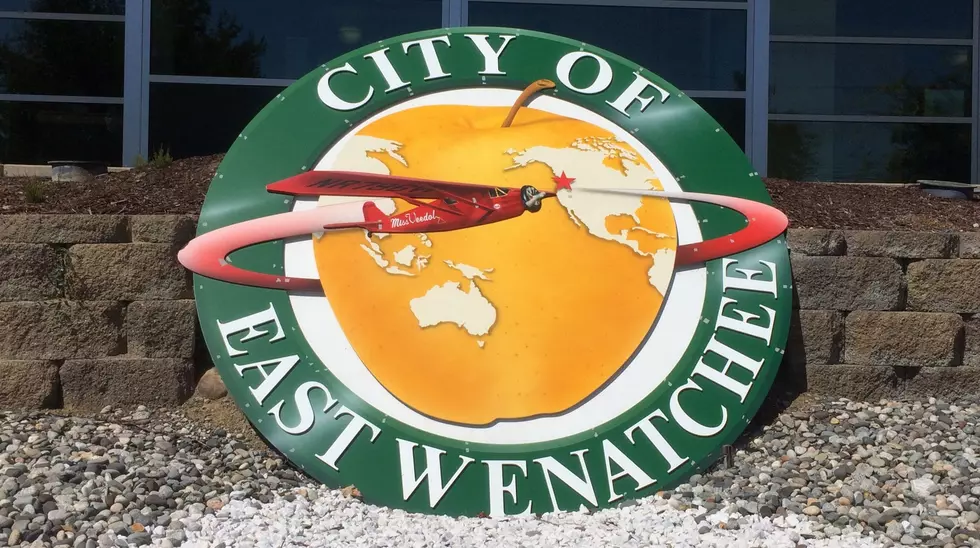
Link Transit Using Low Cost Hydropower To Operate Electric Buses
Link Transit is well known for its extensive use of electric buses.
The transit operates 34 full-size buses, including 23 that are fully electrified.
Link spokesperson Eric West says electric buses are especially cost-effective in this region because of the cheap cost of PUD hydropower.
"You look at electricity costs here at roughly three cents a kilowatt hour," said West. "Then you look at electricity costs in Southern California, or even in the Seattle area or other parts of the country where they're paying 10, 12 cents a kilowatt hour or even more."
In addition, West says the cost to operate buses on locally supplied hydropower is about 20 percent of the cost to run standard diesel fuel buses.
And he says there’s another major advantage in using electricity instead of diesel fuel to operate buses.
"Diesel fluctuates, it's up and down all the time," West said. "Electricity is fairly stable, so we can budget for the year. We say, OK, we're running this many electric buses. We know what the electricity is going to run us per year, so our budget is fairly solid. We don't have to (worry about) diesel going up 50 cents a gallon (and) our budget is impacted."
Transit systems that rely heavily on fossil fuels must purchase well into the future to lock in fuel costs.
The lower cost of electric power also helps Link keep expenses under control, given the sheer number of miles its buses travel.
Link's service area encompasses approximately 3500 square miles, making it the largest transit district in Washington State.
Most of Link’s smaller paratransit buses run on fossil fuels, although they have two small electric vans.
The Link Transit Board of Directors adopted the 2024 Operating Budget of $27,938,049.
Link Transit began operating public transportation services on December 16, 1991, after voters approved a 0.4% sales and use tax funding level in September 1990. Twenty-eight years later, on August 6, 2019, the voters approved a proposition to increase Link’s sales tax appropriation by 0.2%. This phased increase began January 1, 2020, with a 0.1% increase. On January 1, 2024, the second 0.1% increase became effective.
5 Signs You Are Too Tired to Drive in Washington State
More From NewsRadio 560 KPQ









